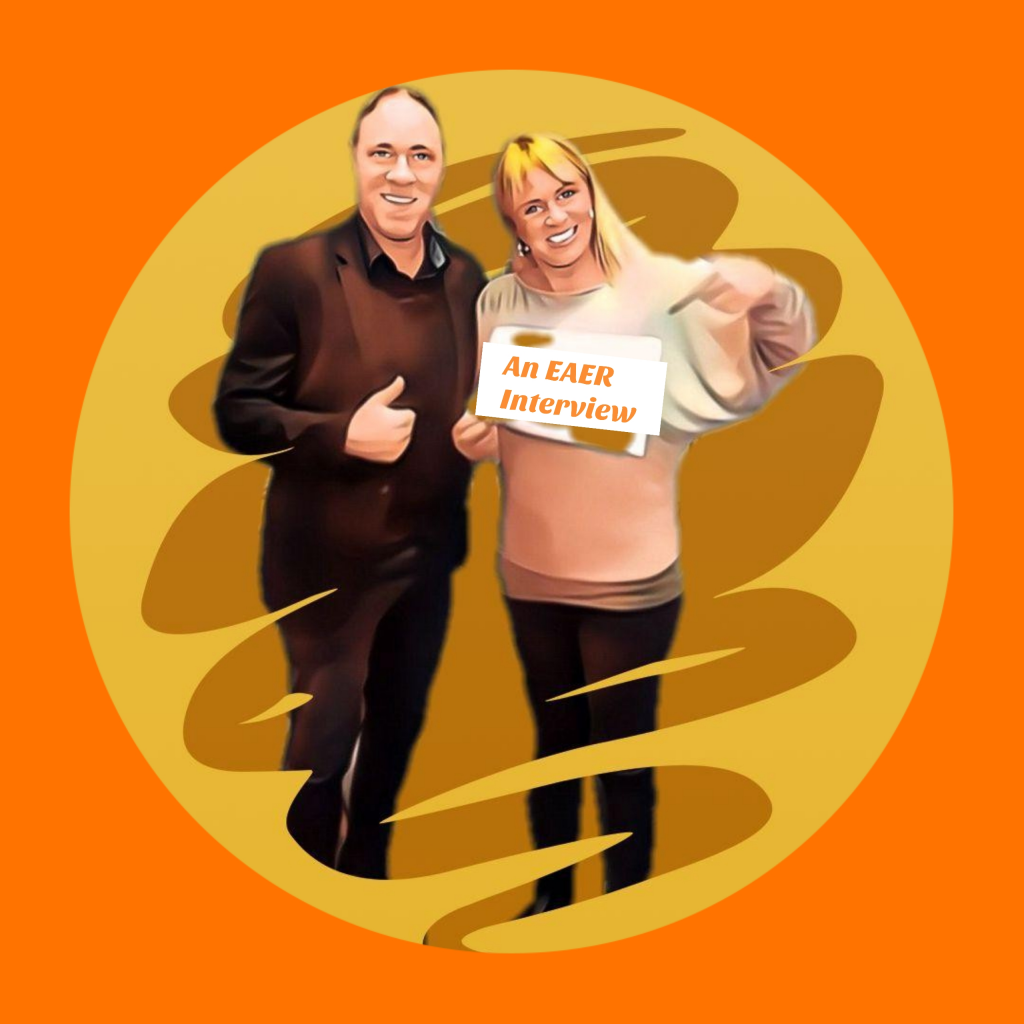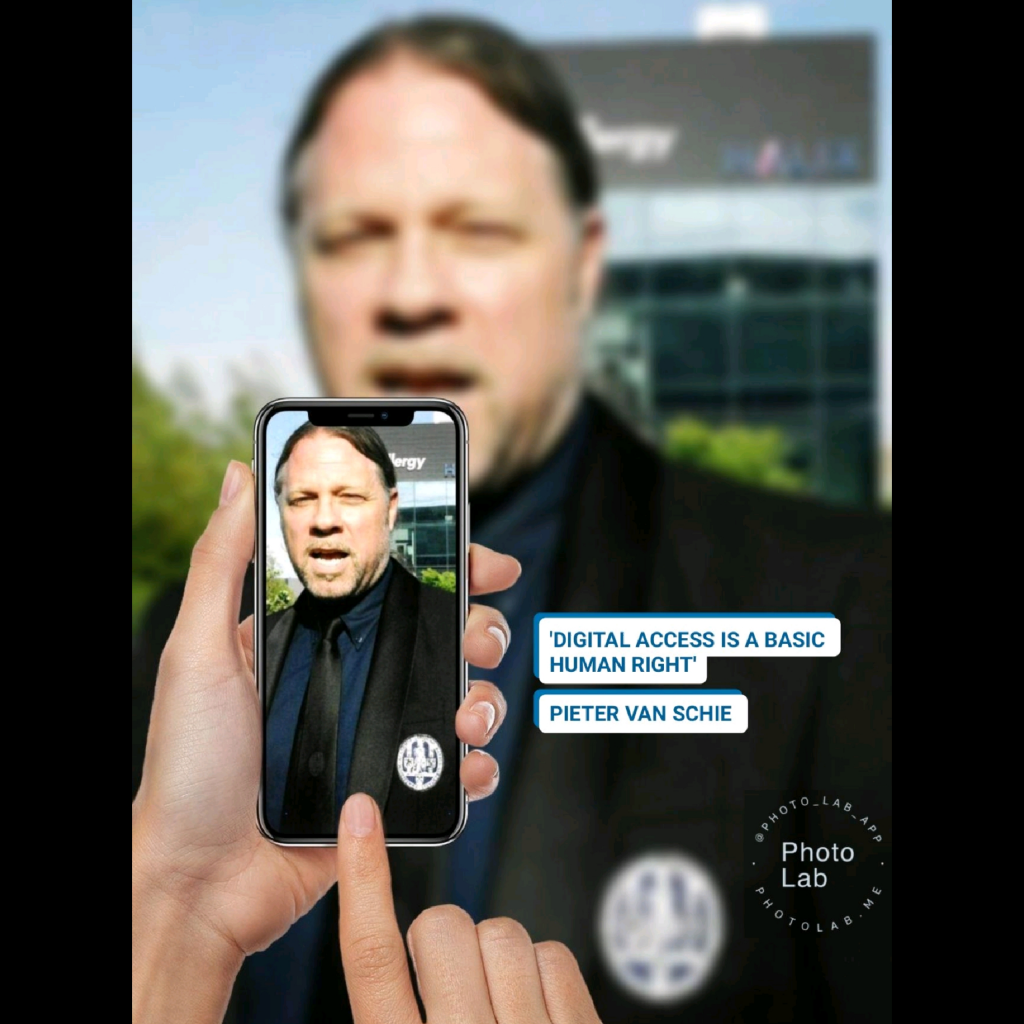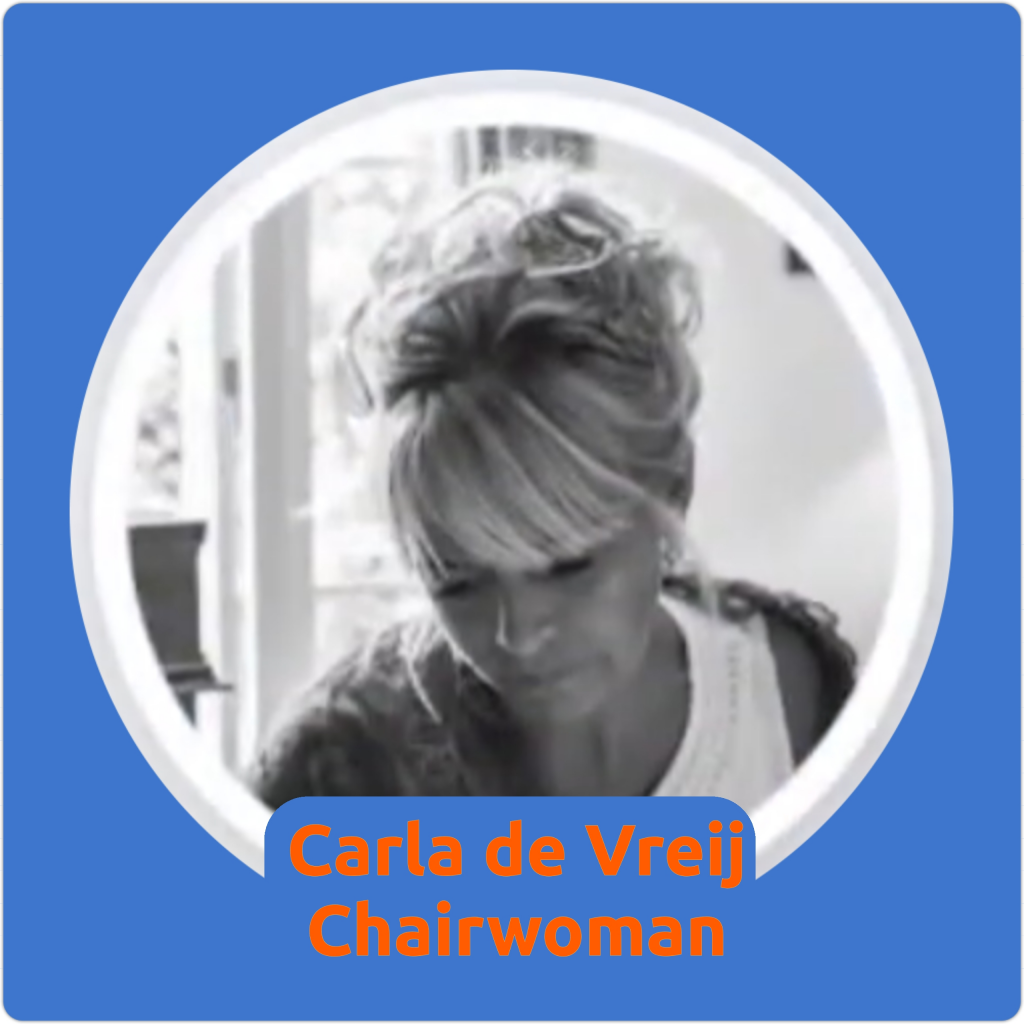An EAER Interview

The European Action for Employment in Recovery (EAER) is completed. The EAER partnership , funded through the ERASMUS+ Programme of the European Union (EU), started more than 2 years ago, mid 2018. An excellent time to interview Carla de Vreij and Pieter van Schie and look back on the challenges and work of the EAER Partnership. A journey about good practice, people in recovery, employability, reintegration to the labour market, Corona and professional use of social media. How can we get people in recovery back into the jobs they deserve?

In Recovery and in the Job You Deserve
The aim of the EAER project is to raise awareness of appropriate social media use and it’s value in developing a digital professional social identity and branding one’s self ( #SocialMe ), particularly regarding job searching among people in recovery and their professionals and trainers.
Can you tell us what are the EAER lessons learnt?
,,The EAER Partnership learned us a lot’’, says Pieter van Schie, director DFW2W. ,,When Chris Messenger (Scottish Drugs Forum) and I were brainstorming and wrote down our project ideas we initially identified couple of bottlenecks. The importance of being a professional social media user as regards to job seeking and entrepreneurship is insufficiently understood and recognised among the people in recovery. They usually only used social media for fun. And this was more or less the same for their trainers and mentors. So, we started writing that the solution probably was in branding yourself positively, but we did not have a clue yet how to brand ourselves, away from a person in recovery with its’ positive and negative stigma. And ultimately get people working in the job they want and deserve… That was not something we already had worked out. I think one of the biggest lessons is that when you are implementing the training that you always have to start with a discussion about the negative impact of social media and you also have to address the stigma around people in recovery in general. A discussion like this breaks down barriers and shows everyone involved that it’s your own choice to be (more) social media active. This discussion gives way to all the tips and tricks which are presented later in the workshops and tools provided.’
‘Digital Access is a human right’?

Pieter: ,,Yes, we found during the project learning mobilities and face-to-face events, but even more so, later during the Corona times, at the Zoom meetings that digital poverty was a major issue. Experience shows that the majority of People in Recovery lack basic access to Wi-Fi at home or access to smart devices, the very means to create a digital footprint. They remain digitally invisible unseen and unheard… ‘’ Pieter continues: ,,Digital access and training is a basic human right and an essential part of everyday work and social culture. Certainly now in the shadows of Covid-19 and the current lockdowns all over the world it is even more so.’’

Carla de Vreij, Chairwoman DFW2W adds: ,,We need to digitally support People in Recovery. They do not only experience economic and social disadvantage but digital poverty as well. We are in a digital era and regardless of your opinion of Twitter, Facebook, Instagram, YouTube, TikTok, etc., more and more job adverts, job searches and applications are exclusively completed online. So we found out the urgency of the Digital Professional Identity support packages we have developed in this partnership.’’
Carla states at the end of the interview: ,,I like to think that thanks to the EAER products we offer some solutions are given to people in recovery and trainers, so they have the opportunity to take part in any social media conversation out there on the net and can look for work on line as well. We have started to include a new group of individuals in the digital world. That is very positive’’
EAER GoToWebinar
Click here to look back on the EAER GoToWebinar Multiplier Event of February 9th 2021
